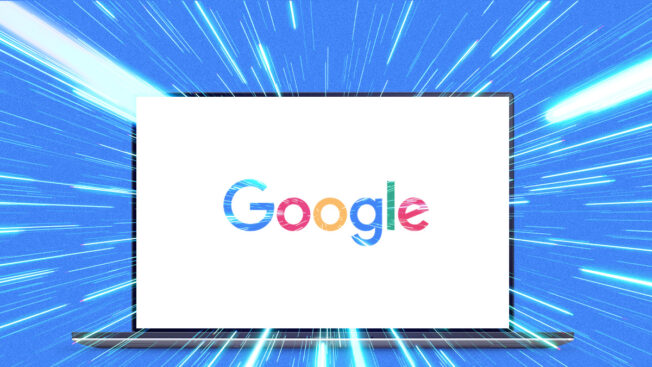Mark your calendar for Mediaweek, October 29-30 in New York City. We’ll unpack the biggest shifts shaping the future of media—from tv to retail media to tech—and how marketers can prep to stay ahead. Register with early-bird rates before sale ends!
Direct-to-consumer brands, historically very performance-driven, are breaking away from walled garden metrics from platforms like Meta and Google, relying on third-party measurement firms and their own data to measure effectiveness, according to four sources.
Over the past decade, walled gardens helped launch thousands of startups by letting them buy cheap ads to reach new audiences and bypass retailers. That symbiotic relationship was disrupted in 2021, when Apple killed third-party tracking on iPhones, making finding the right customers harder and more expensive.
Growth-oriented businesses diversified media channels but never fully abandoned Google and Meta.
Now, performance-oriented brands are taking the next step toward platform independence by hiring third-party firms like Measured, Triple Whale, Rockerbox and Northbeam to measure campaigns. The move is motivated by a growing distrust of walled gardens, economic pressures and a desire to prepare for further privacy changes.
At digital agency Juice, 30% to 40% of clients have adopted a third-party measurement solution in the past 12 months, said co-founder Michael Lisovetsky.
At DTC agency DigiShopGirl Media, around 10% to 15% of clients are using third-party measurement solutions, which was relatively rare before the fourth quarter of last year, said CEO Katya Constantine.
“In some cases, we’ve recommended it, but many clients are naturally bringing up topics of ‘how can I better understand what’s actually driving results?’” Lisovetsky said, “And ‘what do I do when every ad platform takes credit?’”
Meta didn’t respond to comment by press time.
Platform disillusionment
In 2022, Meta introduced Advantage+, which uses artificial intelligence to choose who to show an ad to. Initially, some marketers said Advantage+ was so effective that it made up for signal loss on Apple.
Nearly two years later, the product has lost some of its initial luster, said Chris Rigas, vice president of media at agency Markacy. In fact, third-party measurement firm Measured found that the incremental performance of Advantage+ was consistently worse than the metrics Meta gives to advertisers.
Disappointment with the performance of Advantage+ led to Juice clients using third-party measurement solutions, Lisovetsky said. Clients were frustrated that Advantage+ includes retargeting (ads served to people who have already shown interest), inflating the tool’s return on ad spend and wasting money on customers already primed, he noted.


